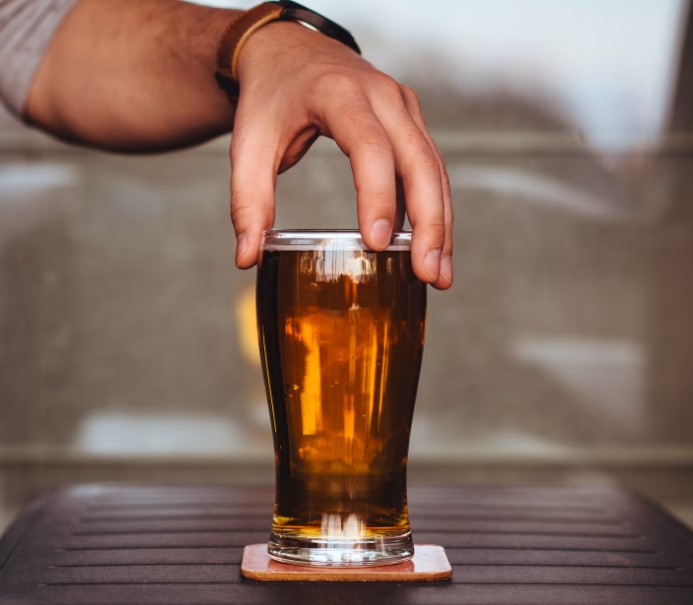
If you simplify beer down to its most basic ingredients, you’ll find water, malts, hops, and yeast. While the hops, malts, and yeast are tremendously important, it’s difficult to undervalue the importance of water. Specifically clean water. Most brewers in the U.S. might take this for granted, as clean, potable water can be found in most taps from Temecula to Tampa Bay. But, while safe, clean drinking water is prevalent everywhere, sometimes we take it for granted. This is especially true when there are drought conditions, or flooding adds bacteria and other waste into an area’s drinking water.
Also, for all the clean water in the U.S., there’s a lot of wastewater from toilets, sinks, and anywhere else we pour water from. Most of us just see murky, dirty water that we’re glad to see slowly swirl down the drain. When Aaron Tartakovsky, co-founder and CEO of Epic Cleantec, sees wastewater, he sees a seemingly untapped market. A market of energy and rejuvenation.
Beer made using wastewater
His company, based in San Francisco, takes wastewater from high-rise buildings in the city and uses advanced, innovative water filtration technology to clean it and make it usable again. And it’s not just drinking water Tartakovsky is interested in though (because technically, you aren’t supposed to drink any of the water, according to the state).
The company also turns water into soil amendments and even uses it to create new, clean energy. But that’s not all. He’s developing techniques to help the planet and counteract the effects of climate change. That’s a big challenge and one that Tartakovsky is very interested in.
Technically, according to California regulations, even though Tartakovsky says that the water is absolutely clean and drinkable after his process, it’s still considered non-potable based on the state’s standards. This is something that will take a long time to change.
Still, that hasn’t stopped Tartakovsky from using the water as a base to brew beer. Specifically, water from sinks, washing machines, showers, and other taps in a San Francisco apartment building of 550 apartments.
His company collaborated with Chris Garret from Devil’s Canyon Brewing Co. in San Carlos, California, to create a Kolsch-style beer called Epic OneWater Brew using wastewater that was cleaned by being filtered through membranes that are the equivalent of one-thousandths of the diameter of human hair. It’s then disinfected using UV light and chlorine. That’s pretty small, to say the least.
The brewery crafted 7,200 cans of the special beer, but the odds that you or I will ever try it is unlikely. That’s because, while the company believes the water used might be cleaner than the water any of us drink out of our tap in our kitchen, California’s rules and regulations make the sale of this beer impossible. Regardless of how clean the water may be, it’s still wastewater and considered non-potable.
How safe is the beer truly? Well, Tartakovsky served the beer to guests at his own wedding. Do you think he would risk that if it wasn’t completely safe to drink?



